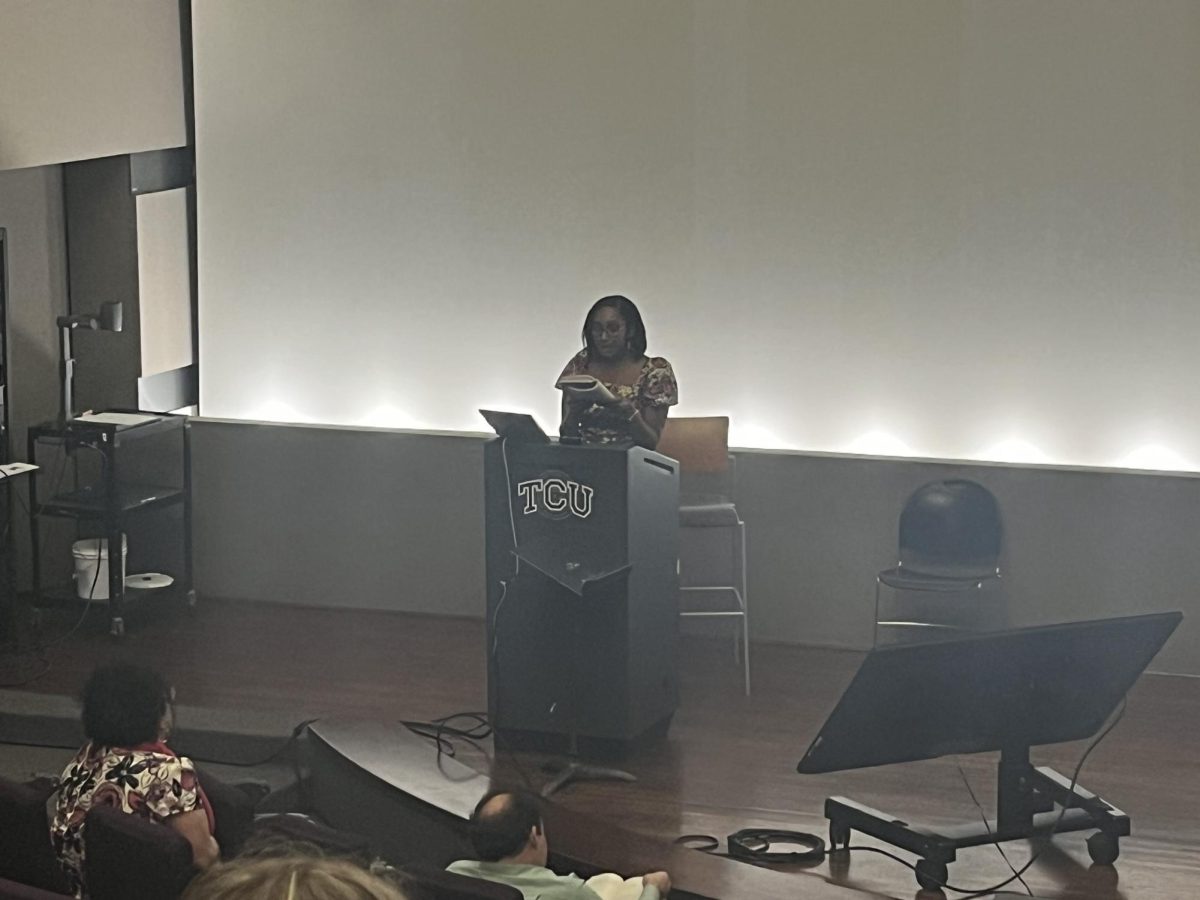Contrary to findings from an article out earlier this month on SmartMoney.com, applying early to some colleges might not be a sure bet to secure adequate financial aid, a university official said.
Mike Scott, director of scholarships and student financial aid, said while the university did have an early action application deadline in November, decisions from his office on financial aid would not be made until February. He said arrangements for academic scholarships followed the early action deadline and the Dec. 15 deadline for award consideration.
“In all honesty, at least here, applying early does not mean you will receive more financial aid,” Scott said. “Applying late means you may not get any (aid).”
Scott said he thought the only area of university student financial aid that might be affected by an earlier-the-better mentality might be so-called performance scholarships, like those for theater study and athletics.
“We don’t even begin looking at freshmen for need-based financial aid based on the FAFSA until the end of February,” Scott said. “We do academic scholarships during that time (though).”
Bre Akers, a junior strategic communication major, said that although she applied early and was accepted to TCU, she was currently encountering problems paying for the ever-increasing school tuition. Unlike some other students who applied for funding via the Free Application for Federal Student Aid, Akers knew her choice of school prior to hearing of her aid eligibility.
“I am from out of state, (and) I needed to know as early as I could to decide where I would be moving and to start financially planning,” Akers said. “I wanted just for my own sanity to have an idea of where I was going and … to take a final trip to that school.”
The SmartMoney.com article looked at early decision deadlines, which were binding, and the availability of state and college financial aid offerings. It stated that many financial aid awards from states and schools are given out on a first-come, first-served system.
Although she used Stafford and private loans to help cover education costs for her first two years at the university, Akers said she was denied the private loans this semester. Akers said with the loss of this funding, her parents had to dip into their 401(k) plan and retirement funds to meet the remaining balance.
“I feel that half the stress that I have is because of my school finances,” Akers said. “I have this guilt built up because I feel like I am taking away everything my parents have worked (for). The past two-and-a-half years have been nothing but tight budgets and headaches every semester to figure out how to make each month’s payment.”
Jim Atwood, assistant to the dean of admissions, agreed with Akers’ sentiments and said the SmartMoney.com article was not as relevant to university students because the school does not offer an early decision option. The Office of Admissions provides an early application deadline under which a student’s acceptance is not binding.
“Sometimes for some forms of financial aid, the early deadline does make a difference,” Atwood said. “In a real sense, a lot of the money … is the money that is dependent upon the Free Application for Federal Student Aid. (For) those awards, nobody is going to get money early.”
Atwood said a lot of the confusion about aid packages and applications comes from the various dates associated with applying to schools and the amount of time between each deadline. For example, applicants may not turn in their FAFSA until after Jan. 1, but the early action application deadline for the university is Nov. 1. Additionally, students wishing to be considered for university academic scholarships must apply by Dec. 15.
“A lot of families will not know how much money they’re going to get at any school until the middle of March, maybe even April 1,” Atwood said. “What that means is students need to apply to more than one school to see where they really stand.”
Atwood said the most important thing for students to remember when applying to schools is to avoid missing any deadlines, whether for admission or financial aid.




